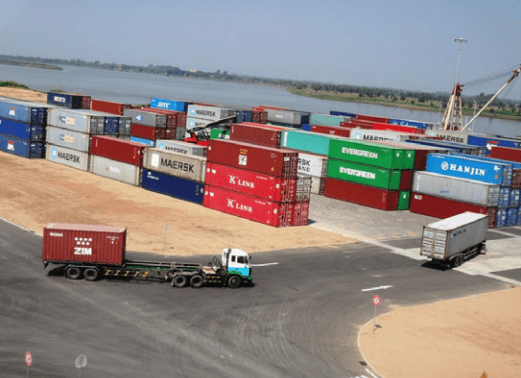Japan and Iran signed an agreement on customs and mutual assistance, the World Customs Organization (WCO) reported.
On this, on August 22, 2021, Mahdi Mirashrafi, Vice Minister of Economic Affairs and Finance and President of the Customs Administration of the Islamic Republic of Iran, and Kazutoshi Aikawa, Ambassador Extraordinary and Plenipotentiary of Japan in Tehran, signed an Agreement on mutual administrative assistance and cooperation in customs matters in Tehran, Iran, in the presence of the Ministers of Foreign Affairs of the two countries.
What is the degree its depth? This document, which is based on the Model Agreement of the World Customs Organization (WCO), is the most important text signed between the two customs administrations of Iran and Japan in the field of mutual assistance in customs matters and provides a legal basis for exchange of customs documents and information between the two countries.
According to the text of the Agreement, the customs administrations of the two countries may also collaborate in the fields of research, development and coordination for the implementation of new customs procedures.
Likewise, the WCO indicated in a statement, the signing of this Agreement is a «very good start» for the future development of administrative, technical, educational and research cooperation between the customs authorities of the two countries.
Customs
Overall, Japan Customs is one of the most active customs administrations among WCO members, with advanced technical and technological expertise in customs matters.
In Japan, the pace of economic activity slowed in the second quarter, due in part to supply constraints and the evolution of pandemics.
The European Central Bank (ECB) estimates that real GDP growth was weak in the second quarter, as a further increase in Covid-19 cases led to a tightening of containment measures.
Consequently, service activity continued to be muted.
At the same time, industrial production declined in May, affected in part by the semiconductor shortage, which was also noted in the June manufacturing PMI survey data.
Looking ahead, the ECB projects a firmer recovery in the second half of the year, when a significant acceleration in the rate of vaccination and a more favorable external environment are likely to support growth.
Headline inflation in this country rose to -0.1% in May, supported by higher energy prices, but continues to be tempered by idiosyncratic factors, including sharp cuts in mobile phone rates.
![]()

